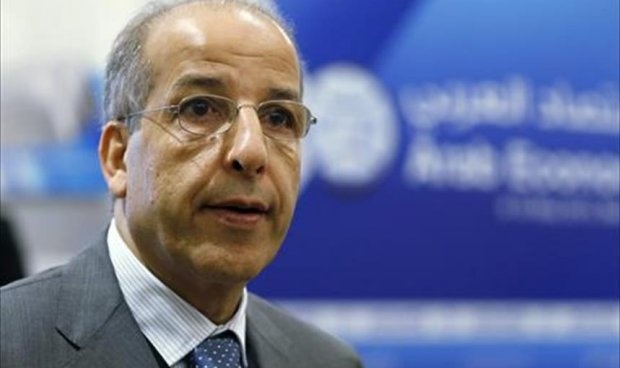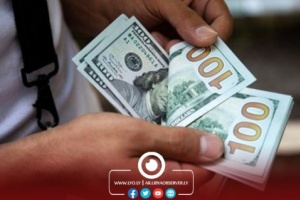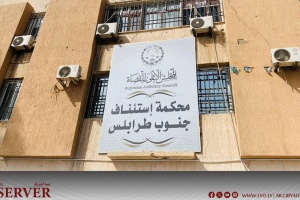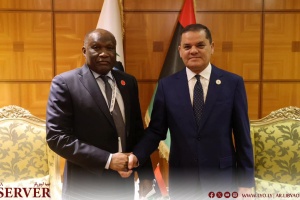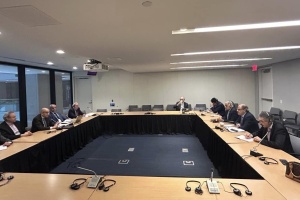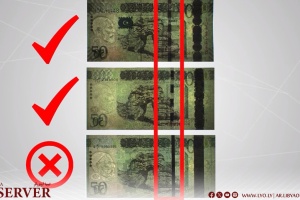The Governor of the Central Bank of Libya (CBL), Al-Siddiq Al-Kabir, called for halting parallel spending from unknown sources and approving a unified budget for the entire Libyan territory, calling in a letter addressed to the Prime Minister of the Government of National Unity, Abdul Hamid Dbeibah, for rationalizing spending in a way that preserves the state’s reserves and the rights of future generations, in addition to diversifying sources of income and enhancing the role of the private sector.
Al-Kabir also stressed the need to reduce reliance on foreign imports of consumer goods, which exceeded 80%, and work to increase oil production and exports in the short and medium terms, calling for prioritizing spending on investment in comprehensive development. He added that public spending on salaries recorded 65 billion dinars in 2023 compared to 2021, which recorded 33 billion, adding that consumer spending accounts for 95% of public spending.
The CBL Governor pointed out that the subsidies increased from 20.8 billion dinars in 2021 to 61 billion in 2022, expecting them to be more than 61 billion in 2023. He also revealed that the state spent approximately 420 billion dinars from 2021 until the end of 2023, most of which was directed to consumer expenditures at the expense of development spending.
The letter to Dbeibah included a response to his statements at the February 17 celebration regarding the dollar exchange rate. Al-Kabir said that the desire alone is not enough to return the dollar exchange rate to 1.3 dinars as it was previously due to the actual practices of successive governments, indicating that the expansion of spending contributed to inflation and devaluation of the dinar. Al-Kabir considered that all these expenses generated pressure on the exchange rate of the Libyan dinar until it reached this point.
Al-Kabir attributed the decline in the dinar’s exchange rate against the dollar from 1.3 to 4.48 dinars per dollar, to successive crises since 2013, which were represented by the arbitrary closure of oil that caused the state losses of about 150 billion dollars, accompanied by a defect in financial and trade policies. He said that these reasons led to the squandering of a large portion of the state’s foreign exchange reserves, and there was no option to create balance and preserve the remaining foreign exchange reserves except by reducing the value of the dinar against other currencies.
Al-Kabir also attributed the decline in the value of the Libyan dinar to a significant increase in the level of public spending, reaching the level of 165 billion dinars in 2023, and the presence of parallel spending of unknown sources that contributed to the increase in the volume of demand for foreign exchange despite the increase in the volume of supply by 5 billion in 2022. He said that the expansion in parallel spending of unknown sources directly affected the increase in demand for foreign exchange in the last months of 2023, which resulted in an increase in the parallel exchange rate, despite the liquidation of $5 billion in 2022.
The CBL Governor added that the increase in demand for foreign exchange began in the last quarter, which made it difficult for the bank to defend the current exchange rate, indicating that 1.3 dinars per 1 dollar will not be the real price of the dollar in light of the size of the money supply amounting to 160 billion dinars.

